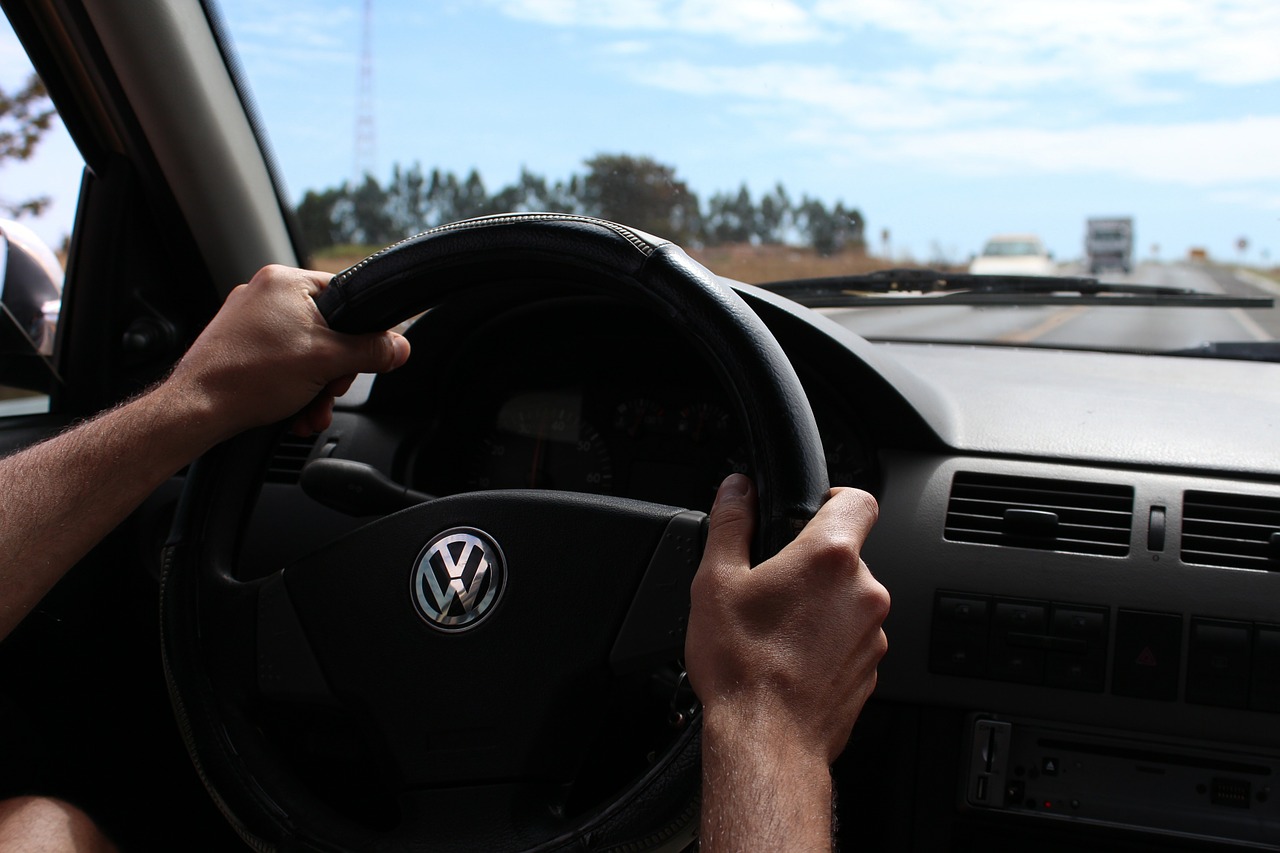Many of us are still trying to adapt to the new dates for changing our clocks from Pacific Standard Time to Pacific Daylight Time and back, and figuring out how to get the time on our VCRs and cellular telephones to change consistent with the new rules established by the federal Energy Policy Act of 2005 – the federal legislation that changed the dates when we change our clocks.
It might seem that, for those who like to go out to restaurants and bars and imbibe, about the only thing that might be good about the twice a year ritual of changing the clocks is when the clocks are changed from Daylight Time to Standard Time (i.e., when we “Fall Back” one hour in Autumn), and here’s why.
Under California law, no bar or restaurant may sell any alcoholic beverage between the hours of 2:00AM and 6:00AM, meaning that alcoholic beverage service is closed down at 2:00AM at bars and restaurants throughout the state, and may not commence again until 6:00AM. (Bus. & Prof. Code, § 25631.) The law specifically declares that anyone who sells alcoholic beverages, “between the hours of 2 o’clock a.m. and 6 o’clock a.m. of the same day, is guilty of a misdemeanor.” (Id.)
Coincidentally, when we “Fall Back” one hour in Autumn, that time change officially occurs at 2:00AM, meaning that, officially, on the date when clocks go from Daylight Saving Time to Standard time, the time goes from 1:59AM Daylight Saving Time to 1:00AM Standard Time, thereby giving us not only an extra hour of sleep, but also an extra hour of drinking at our favorite watering hole, right?
Well, the California Legislature is one step ahead of you – or so it might seem. Current California law states that, “[o]n the day that a time change occurs from Pacific standard time to Pacific daylight saving time, or back again to Pacific standard time, “2 o’clock a.m.” means two hours after midnight of the day preceding the day such change occurs.” (Bus. & Prof. Code, § 25631 [emphasis added].) At first blush, it seems that the Legislature is one step ahead and has put the kibosh on your extra hour. But what do they mean when they say “two hours after midnight of the day preceding the day such change occurs?” Do they mean that bars are shut down from two hours after midnight the day before the time change until 6:00AM on the day of the time change? Or do they mean that I still get my extra hour? Or will the bar be open all night?
Let’s take an example and see if we can work through this. We make the change back to Pacific Standard Time on November 2, 2008, meaning that the time goes from 1:59AM Daylight Time on 11/2/2008 to 1:00AM Standard Time on 11/2/2008. Applying California law, on 11/2/2008 (i.e., a “day that a time change occurs”), “2 o’clock a.m. means two hours after midnight on the day preceding” 11/2/2008. Thus, under the law, on 11/2/2008, 2 o’clock a.m. means, in essence, 2 o’clock a.m. on 11/1/2008. As we know, bars may not sell alcoholic beverages “between the hours of 2 o’clock a.m. and 6 o’clock a.m. of the same day.” Therefore, it would seem that, on 11/1/2008 at 2:00AM, bars will close their doors and, thereafter, may not re-open until 6:00AM on 11/2/2008 – a period of 28 hours (29 if you count the lost hour). Or, maybe since the law says “between the hours of 2 o’clock a.m. and 6 o’clock a.m. of the same day” that means that, on the day the time changes, bars are required to close at 2:00AM the day before and can re-open at 6:00AM and can remain open until 2:00AM the FOLLOWING day. Or, maybe you do get your extra hour and the bars should just close at 2:00AM Pacific Standard Time. Confused? We are too.
Sadly, the Legislature had previously declared that, on time change days, “2 o’clock a.m.’ means two hours after 12 o’clock p.m. of the day preceding the day such change occurs.” Yes, that’s right. 12 o’clock p.m. – as in noon the day before. Thus, it would seem that, from 12 noon on the day before the time change, until 6:00AM on the day of the time change, no alcohol could be sold. Of course, this was not how the law was applied and it would seem that everyone knew what the Legislature meant – that the time change was to have no impact upon when alcohol could be sold and that bars could not remain open for an extra hour just because the clocks changed.
Nonetheless, the Legislature sought to clarify this apparent oversight, and, in the process, has left the statute just as muddled as it was before. Perhaps, next year, they will get it right and declare that “[o]n the day that a time change occurs from Pacific standard time to Pacific daylight saving time, or back again to Pacific standard time, “2 o’clock a.m.” means two hours after midnight of the day such change occurs.” I guess we’ll have to wait and see.


